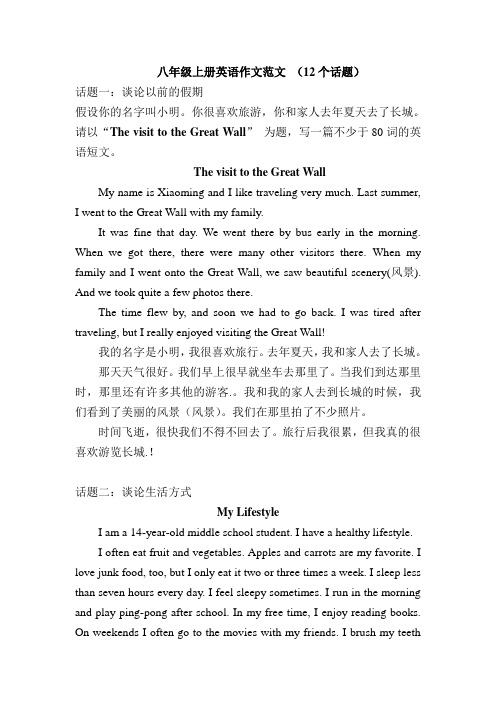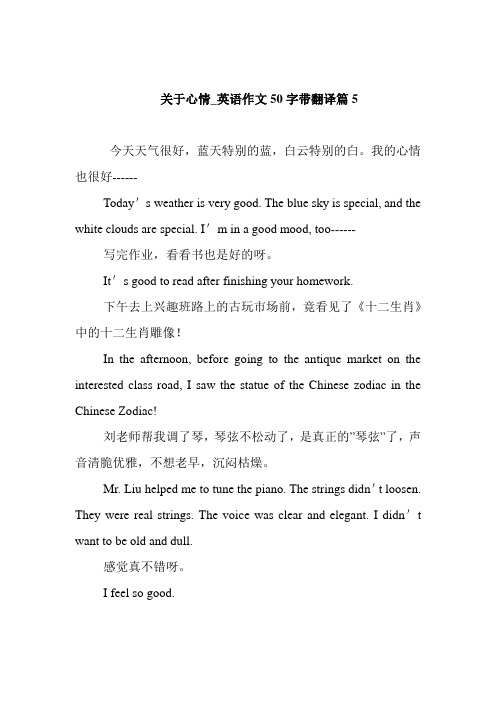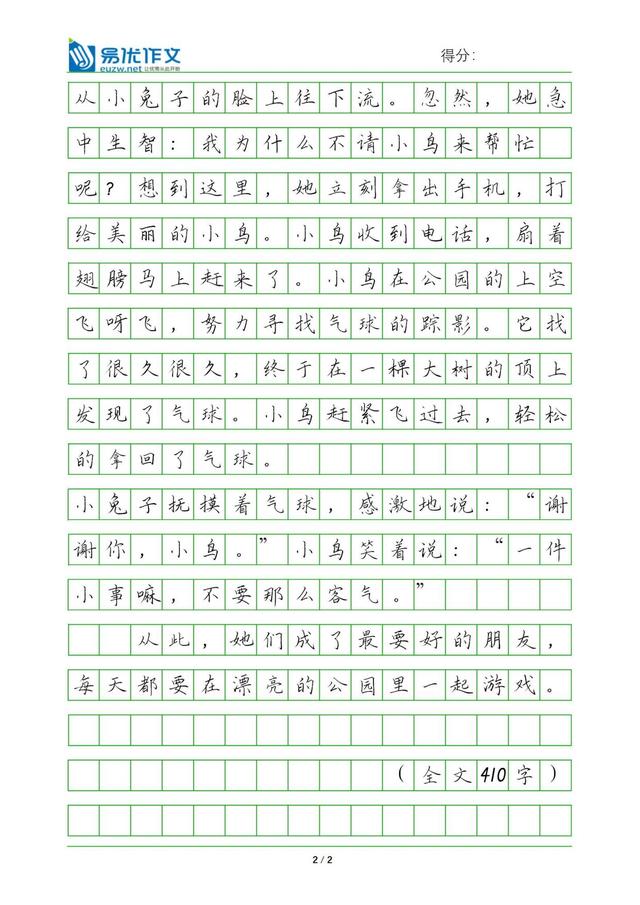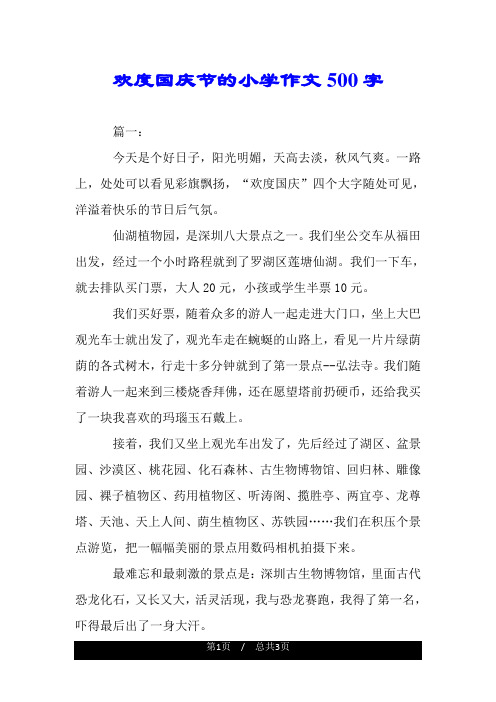关于战争的英语作文(War in English Essay)
War, throughout human history, has been a complex and multifaceted phenomenon that has left an indelible mark on societies, economies, and the psyche of humanity. It is a subject that evokes strong emotions and opinions, as it encompasses not only the physical destruction and loss of life but also profound political, social, and ethical implications.

I. The causes of war
One of the primary causes of war is the pursuit of territorial gain. Nations often covet the land, resources, and strategic advantages possessed by others. For example, during World War I, the assassination of Archduke Franz Ferdinand of Austria-Hungary set off a chain reaction of alliances being invoked and declarations of war. European powers like Germany, Austria-Hungary, and their allies were vying for power and influence, leading to a brutal conflict that reshaped the map of Europe. Similarly, in modern times, border disputes between countries such as India and Pakistan over Kashmir have caused tensions and even led to armed conflicts.
Economic interests can also fuel wars. Access to valuable resources such as oil, minerals, and water can be a major motivator. In the Middle East, the abundance of oil has been a factor in numerous conflicts. The Iraq War in 2003, for instance, was justified by some on the grounds of securing access to Iraq's vast oil reserves. Additionally, economic competition between nations or groups within a nation can escalate into violent confrontations. When one group feels economically marginalized or deprived of resources due to another's dominance, it may resort to warfare to alter the balance of power and economic distribution.
Ideological differences are another cause. Religious fervor, as seen in the Crusades where Christians sought to reclaim the Holy Land from Muslim control, led to centuries-long conflicts with significant loss of life and cultural upheaval. Similarly, the ideological clash between communism and capitalism during the Cold War led to a global standoff. The United States and its allies supported capitalist systems while the Soviet Union led a bloc of communist nations. This ideological divide resulted in an arms race,proxy wars around the world, and constant tensions that threatened to escalate into a full-scale nuclear war.
I
I. The effects of war
The human cost of war is staggering. Countless lives are lost, leaving behind grieving families and communities. In World War II, the Holocaust perpetrated by Nazi Germany resulted in the murder of six million Jews along with millions of other innocent people such as disabled individuals, Romani people, and political prisoners. The physical devastation extends beyond the battlefield as civilian populations suffer from bombings, massacres, and the general disruption of daily life. Children are often traumatized by the horrors they witness, leading to long-term psychological scars that affect generations.
War also wreaks havoc on the economy. It requires enormous financial resources to fund military operations, resulting in the diversion of funds from essential services such as healthcare, education, and infrastructure development. Countries emerging from war are often burdened with massive debts and face the daunting task of rebuilding. Take Afghanistan as an example; after decades of conflict, the country's economy is in shambles, with a high percentage of its population living in poverty, limited access to basic amenities, and a struggling healthcare system. Moreover, war disrupts trade routes, reduces agricultural production due to displacement of farmers and damage to crops, and leads to hyperinflation as governments print more money to cover war expenses.
On the social front, war breeds hatred, mistrust, and division among people. Ethnic and religious groups may turn against each other, deepening existing prejudices and making peaceful coexistence difficult. Veterans returning from war often struggle to reintegrate into society, facing stigma, unemployment, and mental health issues such as post-traumatic stress disorder (PTSD). The societal fabric is torn apart as traditional family structures are disrupted, and children grow up without proper guidance and support.
II
I. Conclusion

In conclusion, war is a tragic aspect of human history with far-reaching consequences. Its causes are deeply rooted in human desires for territorial gain, economic advantage, and ideological supremacy. The effects are devastating, affecting not only the physical well-being of people but also the economic and social fabric of societies. It serves as a stark reminder of the importance of diplomacy, understanding, and cooperation in preventing conflicts. By learning from past mistakes and working towards peaceful resolutions of differences, humanity can hope to reduce the occurrence and impact of wars in the future. We must recognize that war is not the answer but rather a problem that we need to collectively address through peaceful means. Only then can we build a more harmonious and prosperous world for all.
更多精彩》



